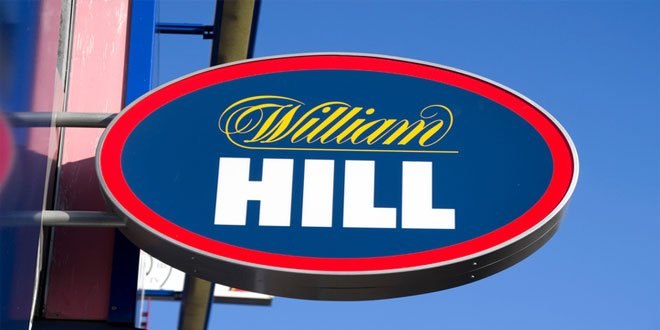Previously in this column, I have discussed the fallout from the Gambling Commission’s decision to impose penalties on bookmakers due to improper behaviour, such as a failures to safeguard vulnerable customers.
William Hill is one such high-profile gambling brand that has been fined £5 million by the Gambling Commission. This time, the regulator decided that the bookmaker’s failings had resulted in a number of customers being allowed to deposit large sums of money that were linked to criminal offences.
In the past YouGov’s brand tracking data has indicated that consumer perception of gambling companies has suffered as a result of the commission’s rulings. In this case, William Hill’s Buzz score among the general public (which measures if someone has heard something about a brand, and if they have, whether it was positive or negative) dropped by six points since the story emerged, dropping deeper into negative territory – falling from -2 to -8 .
However, as I have stated in the past, while bad headlines can have impact on public perception of a bookmaker, it doesn’t necessarily deter potential bettors.
The silver lining for William Hill in this specific instance is that its Purchase Consideration score among the public (whether someone would consider placing a bet with the company) has not been particularly troubled by the adverse press. Prior to the fine story, its score hovered around the +5 point mark, and it remains around this level.
In the past, brands could hope to brush off a controversy such as this with an admission of wrong doing and a pledge to do things better in the future. However, this is the latest in long-line of incidents in the sector, and arguably it could not come at a worse time for gambling brands.
The industry has been beset by controversy, with companies attacked for allowing vulnerable customers to carry on betting, and for the existence of fixed-odds betting terminals. As the government looks more closely in to the matter of FOBT – bookmakers are struggling to make their arguments heard against the swell of negative popular opinion. With public appetite for change so strong, it is highly possible that action will be taken.
If the government intervenes and it has a knock-on effect on William Hill’s brick and mortar business, one area it could look to expand is in its online offering. At the moment, the brand is faring quite well on this front – it has a greater level of Purchase Consideration among regular online bettors than rivals such as Ladbrokes although it lags behind its exclusively digital rivals such as Bet365 and SkyBet.
For William Hill to make up ground on these online leaders, it may be necessary to diversify its communications. There are many gambling adverts, but YouGov Profiles data indicates that some customers are feeling fatigued by constant exposure to these campaigns.
Over half of online bettors (55%), and around two thirds (64%) of online gamblers who don’t currently consider using William Hill, feel that adverts are just a waste of their time. Added to this, 67% of online bettors, and 75% of non-considerers feel “bombarded” by advertising.
One approach which may pay dividends is taking a more content-led approach on social media. The digital consumers that William Hill still needs to convert are more likely than the general population to use Twitter for fun or entertaining content, with 74% of the group also agreeing that it’s fair to watch ads in exchange for free content.
Should William Hill be able to alter its approach to appeal to consumers that are being turned off, it will be in a good place to attract new customers and boost its digital presence.
This article originally appeared in EGR Magazine









